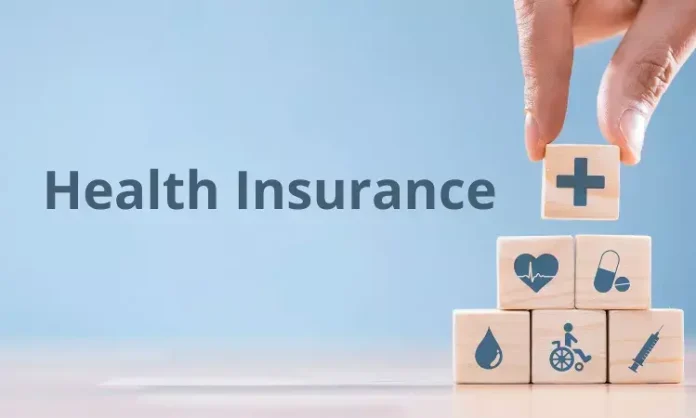Cancer (the diseases) is a group of diseases characterized by the uncontrolled growth and spread of abnormal cells. It can affect any part of the body and is a leading cause of death globally, responsible for nearly 10 million fatalities annually (WHO). Common types include breast, lung, colorectal, and prostate cancers. Risk factors range from genetic predisposition to lifestyle choices (e.g., smoking, poor diet) and environmental exposures (e.g., pollution, UV radiation). Symptoms vary widely but may include lumps, unexplained weight loss, persistent fatigue, or unusual bleeding.
Early detection through screenings (e.g., mammograms, colonoscopies) significantly improves treatment success. Advances in therapies—surgery, chemotherapy, radiation, immunotherapy, and targeted drugs—have enhanced survival rates. Prevention focuses on healthy living (avoiding tobacco, balanced diet, regular exercise) and reducing exposure to carcinogens.
The disease’s burden extends beyond health, causing emotional, social, and financial strain.
Every year on February 4th, the global community unites to observe World Cancer Day, an initiative led by the Union for International Cancer Control (UICC) since its inception in 2000. This day underscores the urgency of collective action to reduce cancer’s global burden, encapsulated in themes like “Close the Care Gap” (2022–2024), which highlights disparities in access to cancer care. It serves as a rallying cry for awareness, prevention, early detection, and equitable treatment.
The Financial Burden of the disease
The disease treatment is notoriously expensive, often spanning surgery, chemotherapy, radiation, and advanced therapies like immunotherapy. The World Health Organization (WHO) estimates that cancer care costs push millions into poverty annually. In low- and middle-income countries, where 70% of cancer deaths occur, limited healthcare infrastructure exacerbates financial strain. Even in wealthier nations, patients face crippling out-of-pocket expenses, with some U.S. households spending over $20,000 annually on treatment.
Health Insurance: A Lifeline for Accessible Care
Health insurance mitigates these financial barriers, enabling timely access to life-saving treatments. Comprehensive policies cover diagnostics, hospitalization, and medications, reducing delays that worsen prognoses. For instance, insured patients are more likely to afford cutting-edge therapies like targeted drugs, which can cost tens of thousands per month. Insurance also facilitates access to premier cancer centers and specialists, improving survival rates. In countries with universal healthcare, insurance ensures baseline coverage, while private plans fill gaps in nations with fragmented systems.

Sharing the opinion on Cancer and it’s financial implication: Mr. Ramit Goyal , Chief Distribution Officer, Future Generali India Insurance Company Limited-
“As we observe Cancer Day, it serves as a poignant reminder of the immense impact that critical illnesses like cancer can have, not only on a person’s health but also on their financial stability. The journey through diagnosis and treatment is often emotionally and physically taxing, and when compounded by the burden of high medical expenses, it can feel overwhelming for families. At FGII, we recognize that access to quality healthcare should never be a privilege constrained by financial limitations”.
He added: “That is why we remain steadfast in our commitment to providing comprehensive health insurance solutions, including critical illness cover, that offer peace of mind during these challenging times. Our aim is to ensure that individuals and their loved ones can focus on treatment and recovery without the added worry of financial strain. In a world where the cost of care is rising, we believe it’s more important than ever to make robust health coverage accessible to all, safeguarding not only lives but also the future well-being of families across the country”.
Challenges and Considerations
Despite its importance, insurance coverage varies widely. Pre-existing condition clauses, coverage caps, and high deductibles can leave patients vulnerable. Policies may exclude newer treatments or palliative care, emphasizing the need for individuals to scrutinize plan details. Advocacy for policies mandating comprehensive cancer coverage, as seen in the U.S. Affordable Care Act’s protection for pre-existing conditions, remains critical.
Insurance and Early Detection
Beyond treatment, insurance promotes early detection through covered screenings like mammograms and colonoscopies. Early-stage cancer treatment is less costly and more effective, underscoring the preventive role of insurance. Regular check-ups, often incentivized by insurers, can catch malignancies before symptoms arise, saving lives and reducing long-term costs.
Global Initiatives and Policies
World Cancer Day galvanizes partnerships between governments, NGOs, and insurers to broaden coverage. India’s Ayushman Bharat scheme and Mexico’s Seguro Popular exemplify efforts to include cancer care in public health plans. Insurers increasingly collaborate with UICC to educate policyholders, emphasizing the economic and moral imperative of accessible care.
A Call to Action
On World Cancer Day, we recognize health insurance as both a shield against financial ruin and a catalyst for equitable care. Individuals are urged to review their policies, advocate for inclusive coverage, and support awareness campaigns. By uniting behind robust insurance frameworks and policies, we can transform the slogan “Close the Care Gap” into reality, ensuring no one faces cancer alone. Together, through awareness and action, we turn the tide against this global challenge.




